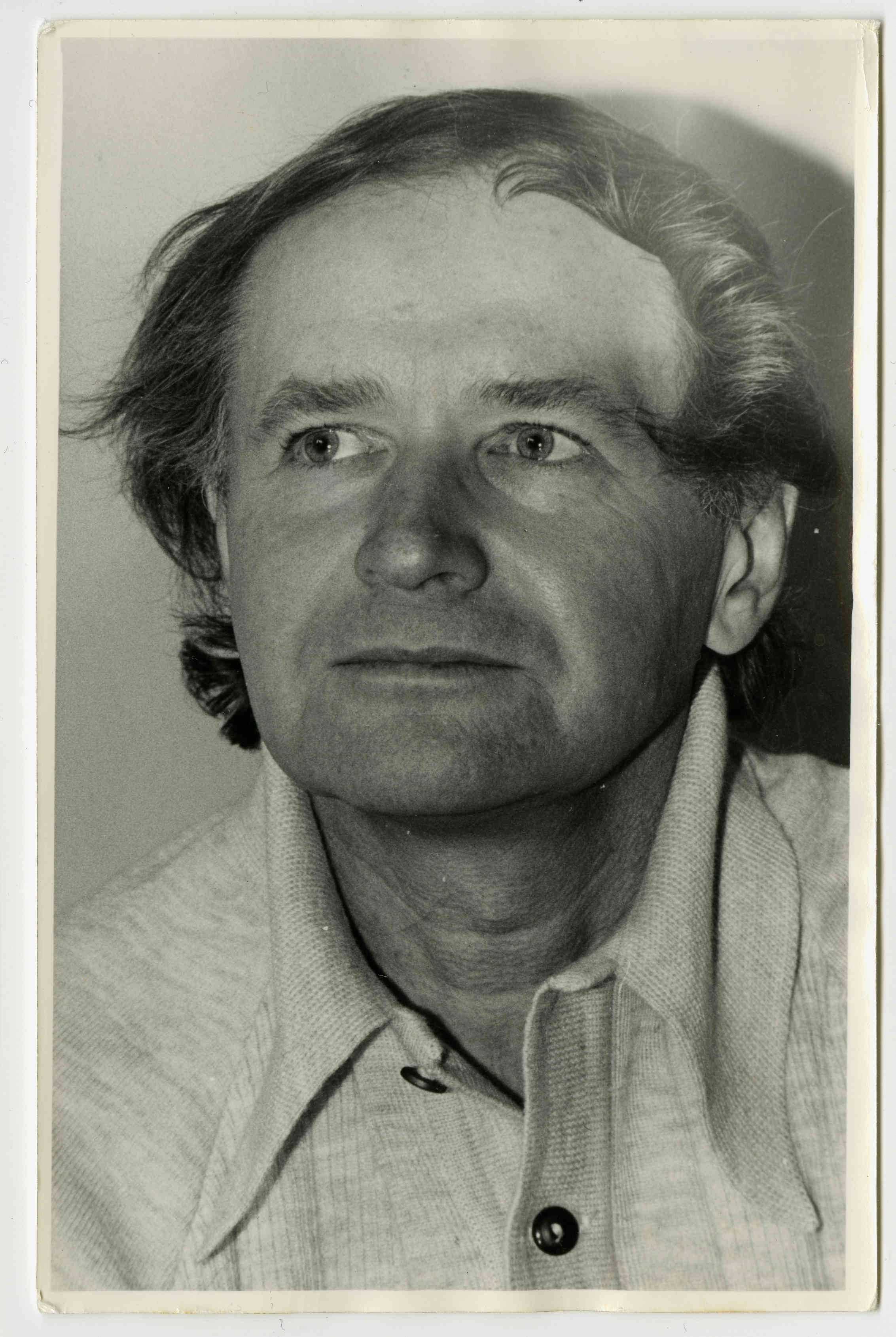
Hans Luik
Hans Luik (26 March 1927 – 13 August 2017) was a translator, playwright and prose writer.
Luik was born in Tartu and attended Hugo Treffner Gymnasium there. In 1941 he was deported together with family. Having returned to Estonia, he completed secondary school in Tartu in 1947, from 1948–1952 studied at the Lunacharsky State Institute for Theatre Arts (GITIS) in Moscow. Thereafter, he was a professional writer in Tallinn, a member of the Estonian Writers’ Union from 1974. From 1989–1994, he was chairman of Kupar publishing company, from 1993 proprietor of Kuldsulg publishing company. Luik died in Tallinn and was buried in Tartu.
At the beginning of his literary career, Luik wrote children’s stories, which he published in the magazine Pioneer from 1966. The nonfiction books from the 1960s, deal with medical (Inimene võidab surma – ‘Humans Win Death’, 1967) and educational issues (Kõik noored orbiidile! – ‘All Young People into the Orbit’, 1967). The novel Kosmodroomidest kaugel (‘Far from Cosmodromes’, 1969), which won an incentive prize at the novel competition of 1967, concentrates on characters from a truck fleet; Keelatud vili (‘Forbidden Fruit’, 1989) weighs the problems of scientists’ responsibility.
The double play Kaks kuulsat kurjategijat (‘Two Famous Criminals’) with subtitles Hüvasti, mu kallid! (‘Good-bye My Dear Ones!’) and Homme ärkad sa kuulsana (‘Tomorrow You’ll Wake up Famous’) was staged at the Estonian Drama Theatre in 1969. It is based on ancient plots about Socrates and Herostratus. The play Homsed tähed (‘Tomorrow’s Stars’, 1971) on the themes of the October Revolution and Lenin attracted wider attention and was also staged outside Estonia. Twists and turns in young people’s lives and their choices are depicted in the plays Ja see poiss olen mina? (‘And This Boy is Me?’), Striptiis eriravilas (‘Striptease at a Special Hospital’) and Poiss põleval laevalael (‘Boy on the Burning Ship Deck’), which appeared in the collection Eesti näidendeid 1980–1984 (‘Estonian Plays 1980–1984’, 1987). He has also written radio plays. Based on his play Tõe hetk (‘Moment of Truth’), he wrote the script for the film Kuldrannake (‘Golden Beach’, 2006, director Jüri Sillart) and has been the (co)scriptwriter of some other films.
Luik wrote literary, theatre and film criticism and translated prose and plays from Russian and English; he also wrote prefaces or afterwords for many translations. Luik’s translations include Ray Bradbury’s Fahrenheit 451, Bram Stoker’s Dracula, Vladimir Nabokov’s Lolita and many Russian classics (Turgenev, Chekhov, Herzen, and others).
Hans Luik’s three-volume book of memories Minu imeline elu (‘My Wonderful Life’) was published in 2009–2011.
A. K. (Translated by I. A.)
Books in Estonian
Novels
Kosmodroomidest kaugel. Tallinn: Eesti Raamat, 1969, 134 lk
Keelatud vili. Tallinn: Kupar, 1989, 253 lk [2. tr 2005]
Frank Maxwell, Mõrvarühma inspektor: põnevusromaan. Tallinn: Kuldsulg, 2001, 152 lk
Plays
Homsed tähed. Tallinn: Eesti Raamat, 1971, 63 lk
Nonfiction
Inimene võidab surma: arstiteaduse tänasest ja homsest. Tallinn: Eesti Raamat, 1967, 115 lk
Kõik noored orbiidile: mõtisklus. Tallinn: Eesti Raamat, 1967, 62 lk
Memoirs
Minu imeline elu. 1. Tallinn: Kuldsulg, 2009, 536 lk
Minu imeline elu. 2. Tallinn: Kuldsulg, 2010, 389 lk
Minu imeline elu. 3. Tallinn: Kuldsulg, 2011, 559 lk



